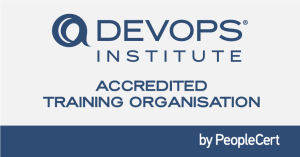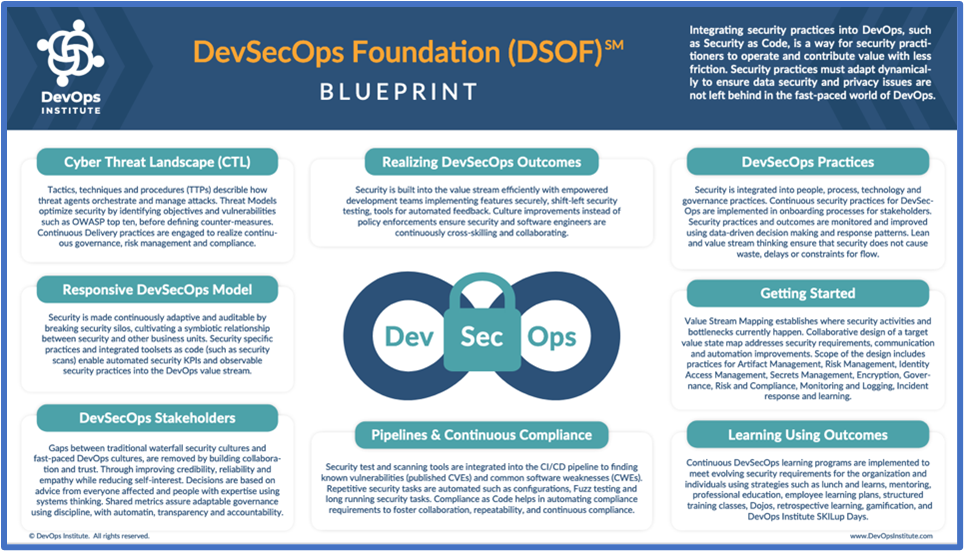Call Us
 (03) 2035 9258
(03) 2035 9258
*Previously known as DevSecOps Engineering
Learn the purpose, benefits, concepts, and vocabulary of DevSecOps including DevOps security strategies and business benefits.
Beginning with software development, and continuing into production, security is everyone’s responsibility.
Shift left principles are adopted at the very beginning of a project, to find and correct software defects, as early as possible in the software delivery lifecycle.
As companies deploy code faster and more often than ever, new vulnerabilities are also accelerating. DevOps practices add business and security value as an integral, strategic component. Delivering development, security and operations at the speed of business should be an essential component for any modern enterprise.
This course explains the purpose, benefits, concepts, vocabulary and applications of DevSecOps. Most importantly, attendees learn how DevSecOps roles fit within a DevOps culture and organisation. By the end of the course participants will understand “security as code” to make security and compliance value consumable as a service.
The DevSecOps course covers the steps to integrate security programs from developers and operators through the business C-level. Every stakeholder plays a part and the learning material highlights how professionals can use these tools as the primary means of protecting the organisation and customer through multiple case studies, video presentations, discussion options, and exercise material to maximise learning value. These real-life scenarios create tangible takeaways participants can leverage upon their return to the office.
The course positions learners to pass the DevSecOps Foundation exam from the DevOps Institute.

The learning objectives include a practical understanding of:

The target audience for the DevSecOps Foundation course are professionals who are seeking an understanding of DevSecOps practices:
Fees per person
| DevSecOps Foundation® - Course & Exam Vouchers (2 days) | ||
| Live Virtual Training: | MYR 6.480 + Sst | |
| All participants will receive: | |
| • Practice Examinations | |
| • DevSecOps Foundation Certificate Exam | |
| • Unparalleled Post Course Support | |
| Course Materials: | |
| • HARDCOPY: Comprehensive Course Workbook | |
There are no formal pre-requisites to attend the DevSecOps Foundation Course. It is helpful though, if participants have a baseline knowledge and understanding of common DevOps definitions and principles such as is covered in the DevOps Foundation course.
Once you’ve completed your training, you can gain a globally recognised certification with the DevSecOps Foundation Exam. Participants will be provided with an online exam voucher to sit the exams at a time and date of their choosing within 12 months of the course. The web-proctored exams are available 24/7 and run by the examination institute PEOPLECERT.
The exam details are as follows:
Successfully passing the examination leads to the candidate receiving a DevSecOps Foundation Certification (DSOF). The certification is governed and maintained by the DevOps Institute.